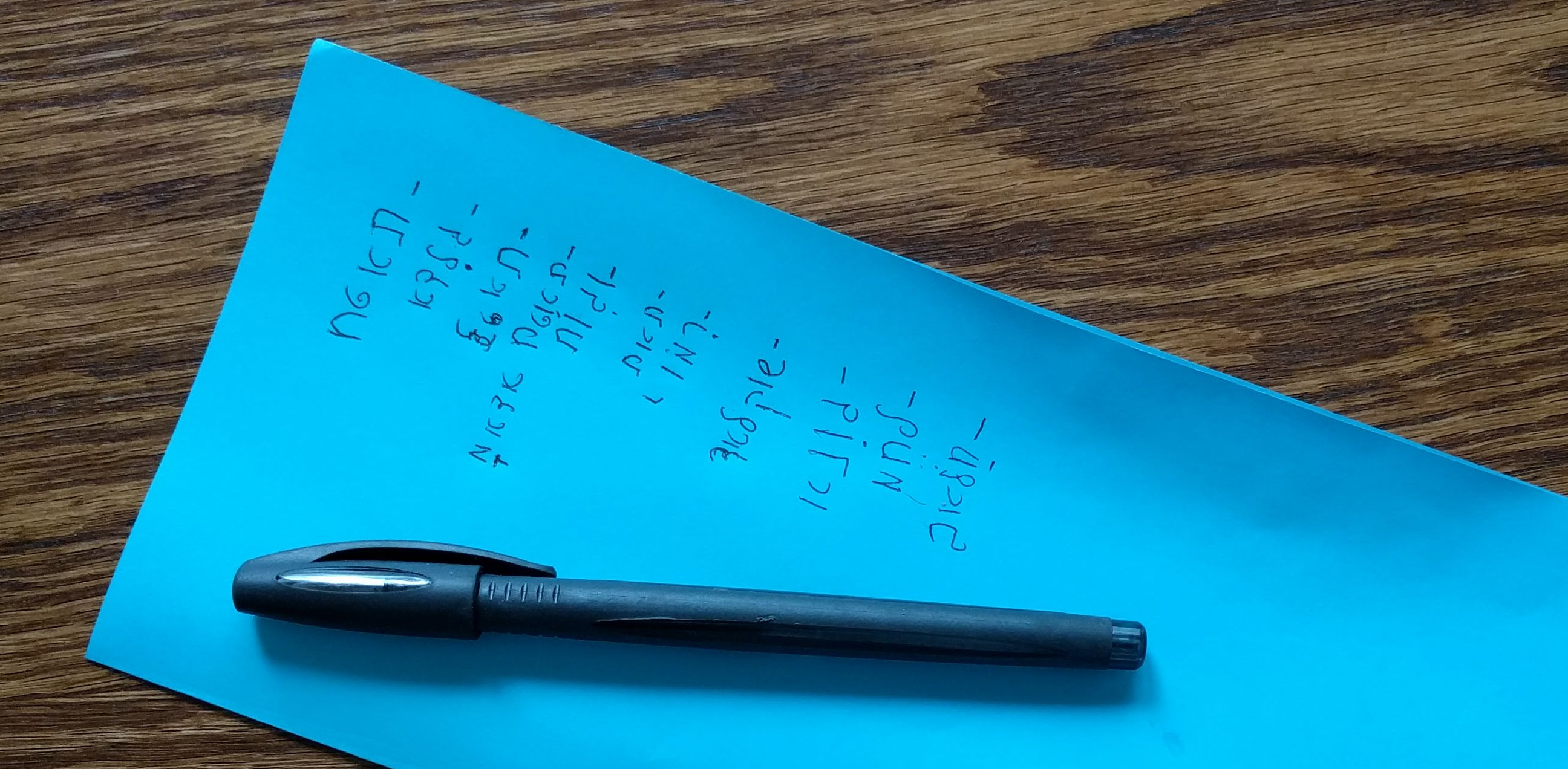
Everyday life
Sitting your child down for a lesson or playing language games are not the only ways to learn. Children learn a language best by using it, that is, by doing things in that language. Here are everyday activities that are great for developing the four basic language skills: understanding, speaking, reading and writing.
Understanding
- requests, commands, instructions - any time you need to tell your child something, do it in your language
- conversations (even if answering in English)
- listening to stories, tales, books (when an adult reads);
- listening to poems and songs
- movies, cartoons, shows
- videos on the topics of interests for the child
Speaking
Pronunciation
- tongue twisters
- reciting poems
- drama, reciting lines for a play
- singing songs
The full process of speaking, from thoughts to sounds
- conversations (if the child actually speaks in the language)
- telling how their day was, what happened, etc.
- retelling a book, movie, cartoon
- describing a person, animal, toy, object
- explaining and giving instructions (how something works, how to make something, etc.)
- telling stories (from real life or made-up)
Reading
- signs
- place names on maps
- notes, letters, SMS, email, chat
- comics, graphic novels
- literature (starting with short stories)
- non-fiction (on topics that are interesting for the child)
- internet (for older kids and teens)
- step-by-step instructions, recipes
Writing
- notes, letters, SMS, email, chat
- lists (to-do lists, shopping lists, packing lists, wish lists, etc.)
- schedules
- diary, travel notes
- writing down stories, jokes, making comics